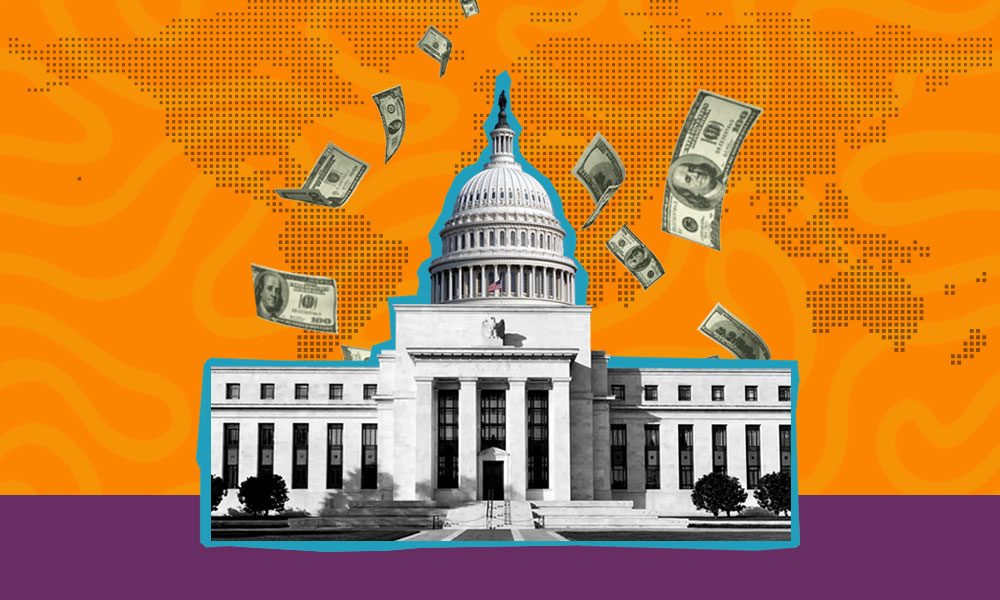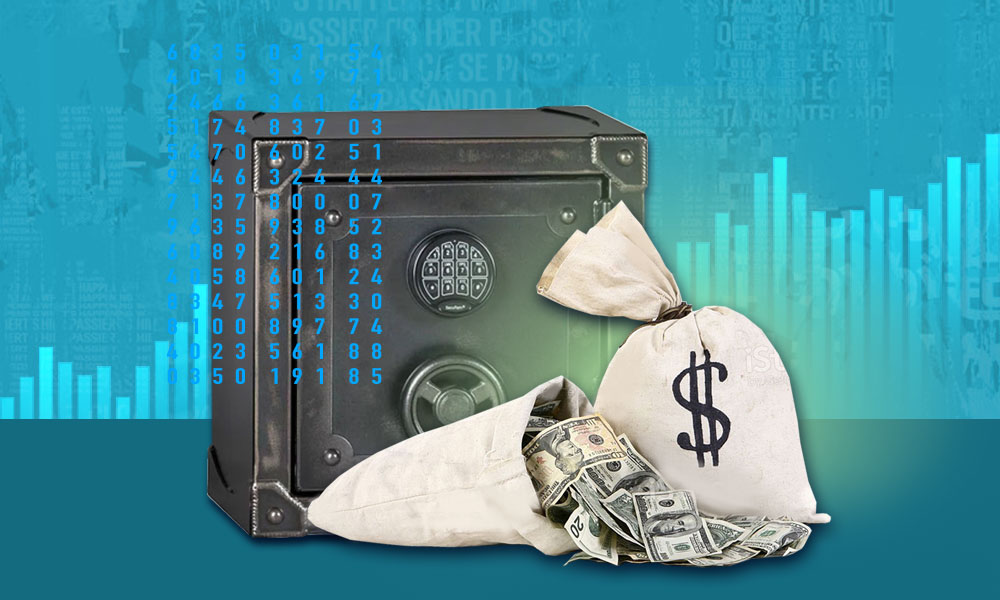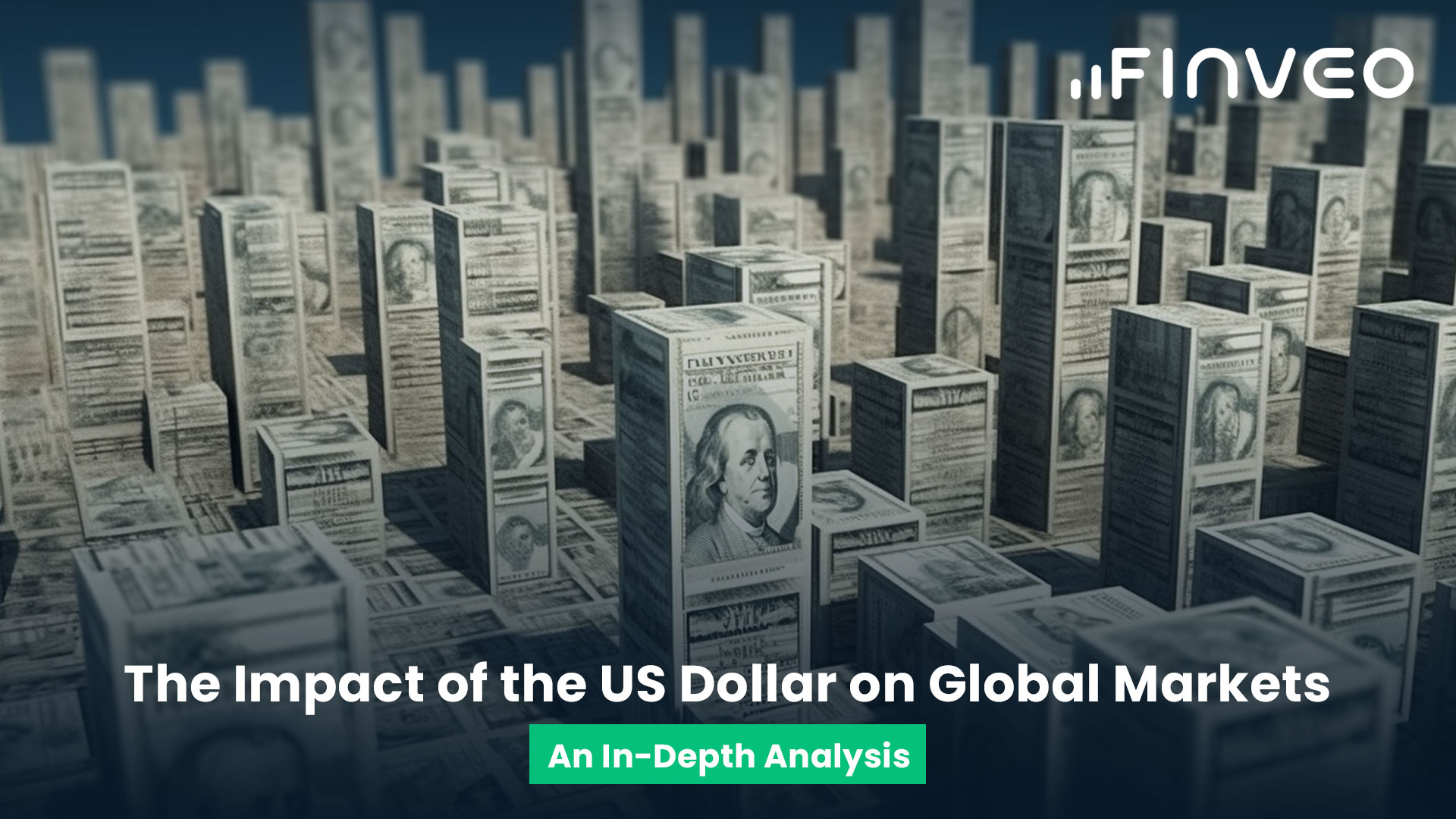Central banks play a pivotal role in the world of foreign exchange (Forex). Their decisions and actions significantly impact currency exchange rates and shape the global economy. Understanding the role of central banks in Forex is essential for investors, traders, and anyone interested in international finance. In this comprehensive guide, we will explore the key aspects of central banks' involvement in the Forex market, including the influence of monetary policies, interest rates, and interventions. By delving into these crucial topics, we will gain insights into how central banks strive to maintain economic stability and manage currency fluctuations.
The Significance of Central Banks in Forex

Central banks are the backbone of a country's monetary system and are responsible for maintaining economic stability. In the context of Forex, central banks play a vital role in managing currency exchange rates, safeguarding foreign exchange reserves, and influencing global capital flows. Central banks' primary objective is to promote price stability and sustainable economic growth. They achieve this by formulating and implementing monetary policies. By controlling the money supply, central banks can influence interest rates, which, in turn, affect currency valuations.
Central banks also act as lenders of last resort, providing liquidity to financial institutions during times of crisis. Their interventions in the Forex market can help stabilize exchange rates and prevent excessive volatility. By effectively managing inflation and ensuring confidence in the financial system, central banks contribute to economic stability, which is essential for both domestic and international trade.
Monetary Policies and their Impact on Forex
Monetary policies are the primary tools employed by central banks to manage economic conditions and influence Forex markets. Central banks use various instruments, such as adjusting interest rates, open market operations, and reserve requirements, to control money supply and inflation rates. These actions directly affect the value of a country's currency in relation to others.
When central banks aim to stimulate economic growth, they may implement expansionary monetary policies. This involves lowering interest rates, which encourages borrowing, investment, and consumer spending. As a result, the increased demand for the domestic currency can lead to its appreciation in the Forex market.
Conversely, during periods of high inflation or overheating economy, central banks may adopt contractionary monetary policies. They raise interest rates to reduce borrowing and spending, which can help curb inflationary pressures. This, in turn, may lead to a decrease in the value of the domestic currency relative to other currencies.
Traders and investors carefully analyze central bank statements and decisions regarding monetary policy changes to anticipate market movements and make informed trading decisions. The release of key economic indicators, such as inflation data, employment figures, and GDP growth, also influences market expectations and central bank actions.
Interest Rates and their Influence on Forex
Interest rates have a significant impact on Forex markets as they determine the attractiveness of a currency for investors seeking higher returns. Central banks use interest rate adjustments to stimulate or slow down economic growth.
When a central bank raises interest rates, it increases the yield on the country's assets, attracting foreign investors seeking higher returns. The increased demand for domestic currency strengthens its value in relation to other currencies.

Conversely, during periods of economic slowdown or to encourage borrowing and investment, central banks may lower interest rates. This reduction in interest rates makes it cheaper to borrow, stimulating economic activity and potentially leading to currency depreciation as investors seek higher returns elsewhere.
Interest rate differentials between countries can also impact Forex markets. When there is a significant difference in interest rates between two countries, traders and investors may engage in carry trades. In a carry trade, investors borrow in a low-interest-rate currency and invest in a higher-interest-rate currency, profiting from the interest rate differential. This can lead to increased demand for the higher-yielding currency, influencing its exchange rate.
It's important to note that interest rates are not the sole determinant of currency valuations in the Forex market. Other factors, such as economic indicators, geopolitical events, and market sentiment, also play a significant role. However, central bank decisions on interest rates are closely watched and analyzed by market participants as they provide insights into the economic outlook and potential currency movements.
Central Bank Interventions and their Effects
Central banks occasionally intervene in the Forex market to influence their currency's value. Interventions can be in the form of buying or selling currencies to stabilize exchange rates, prevent excessive volatility, or address economic imbalances. These interventions can have a significant short-term impact on Forex markets, creating opportunities and risks for traders.
In situations where a currency is experiencing significant appreciation, a central bank may intervene by selling its own currency. This increases the supply of the currency in the market, potentially leading to a depreciation in its value. On the other hand, if a currency is depreciating rapidly, a central bank may purchase its own currency, reducing the supply and supporting its value.
Central bank interventions are typically more common in economies with managed exchange rates, where the central bank actively intervenes to maintain a target exchange rate. In floating exchange rate systems, central bank interventions are generally less frequent but can still occur during exceptional circumstances or to address disorderly market conditions.
Traders closely monitor central bank interventions as they can provide valuable insights into a central bank's stance on currency valuation and its commitment to maintaining stability. Sudden or unexpected interventions can cause sharp price movements and impact trading positions.
Central Banks and Global Economic Stability
Central banks play a crucial role in maintaining global economic stability. Their actions can impact not only their domestic economies but also the global financial system. Through their policies and interventions, central banks strive to mitigate inflationary pressures, manage financial crises, and promote sustainable economic growth.
During times of economic turmoil or financial crises, central banks often take swift action to provide liquidity to the banking system and support financial markets. They may implement unconventional monetary policy measures, such as quantitative easing, to stimulate lending and boost economic activity. These measures can have far-reaching effects on Forex markets, influencing exchange rates and capital flows.

Central banks also hold significant foreign exchange reserves, which they can deploy to stabilize their currency or support their economy during times of volatility. These reserves act as a buffer, enhancing a central bank's ability to intervene in the Forex market and manage currency fluctuations.
Furthermore, central banks engage in international cooperation and coordination to address global economic challenges. Institutions like the G7, G20, and International Monetary Fund (IMF) facilitate discussions and collaborations among central banks to foster financial stability and resolve economic imbalances.
Understanding the broader implications of central bank actions on the global economy is essential for businesses, policymakers, and market participants alike. It allows for better anticipation of potential risks and opportunities arising from central bank decisions, ensuring more informed decision-making.
Final Thoughts
Central banks wield immense influence over the Forex market. Their monetary policies, interest rate decisions, interventions, and efforts to maintain economic stability shape currency exchange rates and impact the global economy. By understanding the multifaceted role of central banks, traders and investors can make more informed decisions, develop effective trading strategies, and navigate the complexities of the Forex market.
Monitoring central bank announcements, studying economic indicators, and staying updated on global financial developments are crucial for those seeking success in Forex trading. The availability of reliable information from sources such as central bank websites, financial news outlets, academic journals, and economic data providers enables market participants to stay informed and analyze the impact of central bank actions on currency markets.
As the global economy evolves, central banks will continue to adapt their strategies to address emerging challenges and maintain stability. By continually educating ourselves on the role of central banks in Forex, we can better understand the dynamics of currency markets, identify trends and patterns, and leverage this knowledge to enhance our trading strategies and investment decisions.
Ultimately, central banks serve as key players in the Forex market, exerting considerable influence on currency exchange rates and global economic stability. Recognizing their role and staying informed about their actions empower market participants to navigate the intricacies of Forex trading with greater confidence and effectiveness.










